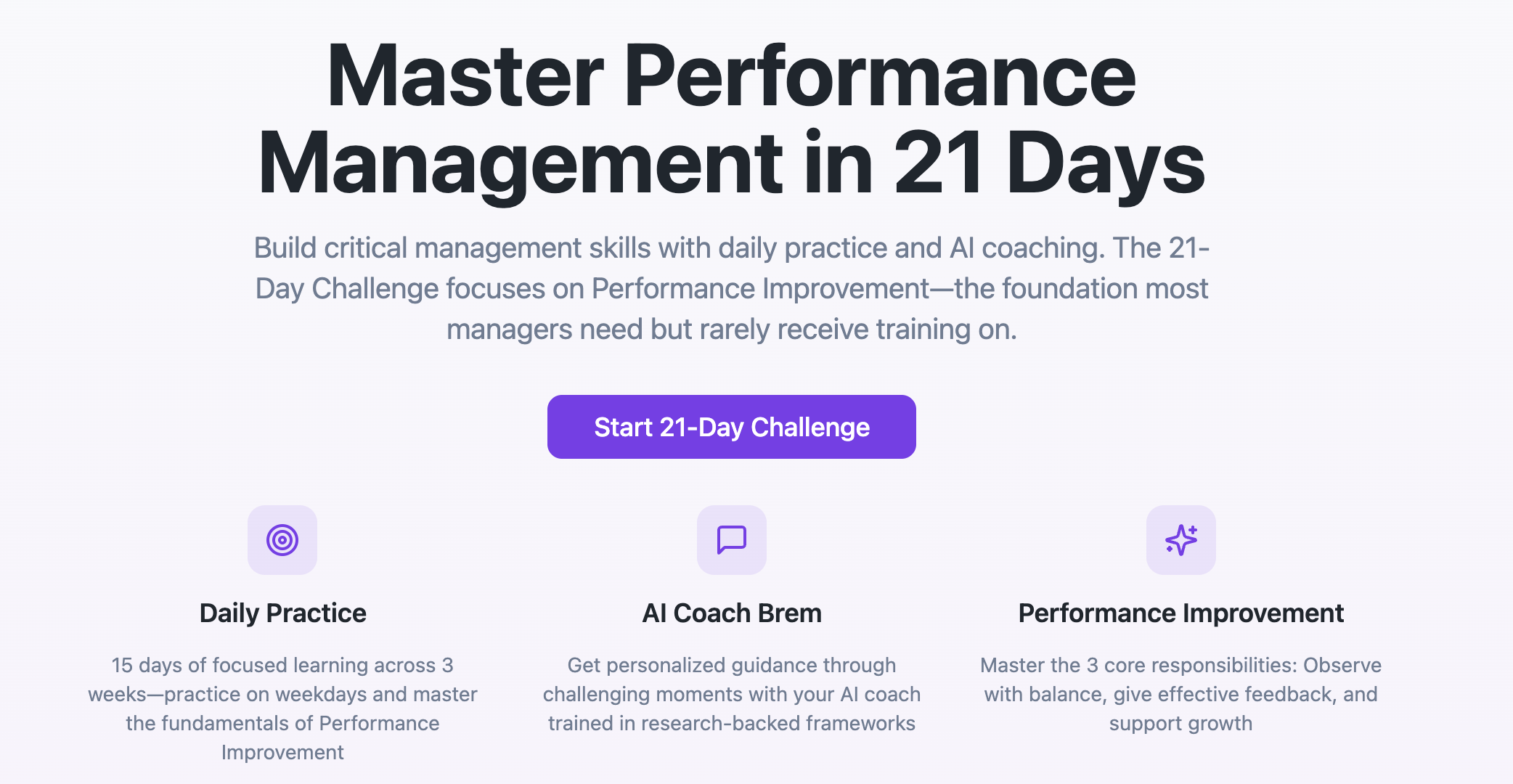I recently grabbed coffee with a friend and former colleague, reminiscing about the “good old days” at our dysfunctional former employer. Nearly a decade has passed since we both moved on, yet the scars still linger. Within minutes, we found ourselves repeating the familiar phrase: People don’t leave jobs; they leave managers—a truth deeply rooted in our own experiences. However, in the years since, we’ve both dedicated ourselves to reimagining what effective management and leadership can look like, both in our own work and in how we coach and support others. The truth is, while managing is tough, the best managers find ways for their folks to thrive. Here are three ways they do it:
The best managers build strong relationships with their people.
It may seem obvious, but many managers today are so overwhelmed by their workload and the number of direct reports they oversee that little time is left for meaningful one-on-one relationship building. As a result, employees can start to feel like just another faceless number rather than individuals with unique experiences and perspectives. During our conversation, my friend and I reflected on how impersonal the leadership practices were under various managers we had encountered. This lack of connection ultimately sowed seeds of distrust among staff, as we never truly knew who our leaders were or what they genuinely cared about.
The best managers coach and develop their people.
During my three years working for this employer—a large urban school district—I never once had a meaningful performance review or feedback conversation with any of my direct supervisors. It simply wasn’t part of the company’s culture (or at least, it wasn’t my experience). Performance improvement almost felt like a dirty word; if someone brought up your performance, it was usually in a punitive context. Instead of receiving structured guidance, I had to seek out mentors and organizational sponsors on my own to explore advancement opportunities.
For a newcomer, this made for a tough transition. I had to figure out how to navigate the system without support from the very people who should have known my work best. Looking back, I often wonder—would I have stayed longer if I had been able to better navigate the organization and actually felt like it was a place where I could grow?
The best managers advocate for their people.
Early on in my time at the organization, I was fortunate to have one manager—the person who hired me—who saw my potential and recognized my desire to push beyond some of the rigid rules. I pitched a bold project not long after starting, and she not only greenlit it but also encouraged me to share what I learned with the team. She wanted to be there to see it unfold. The project turned out well, and before long, others on our team began adopting the practice.
That small bit of space to try something new—knowing I had my manager’s support—gave me an enormous boost of confidence. It was an early win, and I believe it also helped establish my reputation within the organization. My manager understood the risks but also knew how to give me just enough room to experiment, even if failure was a possibility. And when it worked, she made sure the right people knew about it, allowing me to get the credit for pioneering the effort and opening the door to more opportunities.
I often wonder—had she stayed longer, how much longer might I have lasted on that team? These are exactly the kinds of questions organizational leaders focused on sustainability should be asking. Retention, engagement, and long-term success often hinge on the presence of supportive, empowering managers.
All of that is in the past, but the lessons learned from those experiences continue to shape my work with managers and teams today. And I know I’m not alone—so many of us carry similar stories, scars, and hard-earned wisdom. Now, it’s time to put that wisdom to work.
We’re building a movement to change how we work, and we believe managers are the key lever. To learn more about our work and get involved, connect with us at www.managereq.com.



